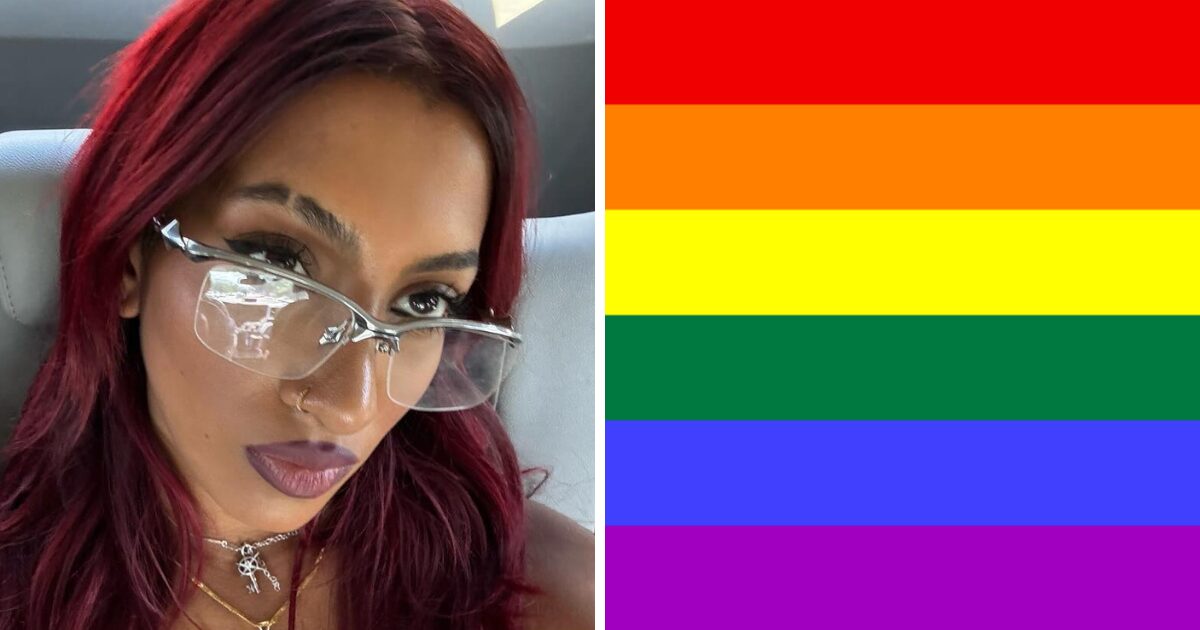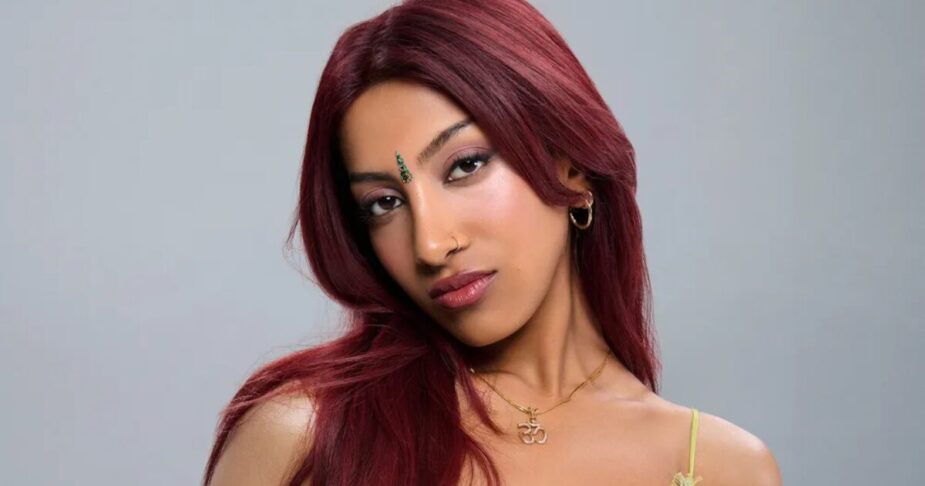The complex intersection of K-pop, celebrity culture, and LGBTQ+ representation has been thrust into the spotlight following KATSEYE's Lara's candid disclosure of her queer identity. This act of vulnerability has reignited a passionate debate within the K-pop fandom: where does the line between public interest and personal privacy lie when discussing idols' sexualities? On one side, advocates for increased LGBTQ+ visibility argue that normalizing these conversations is crucial for fostering inclusivity and challenging deeply ingrained societal norms within the industry.
They believe that representation empowers fans who identify with diverse sexual orientations, creating a sense of belonging in a space often perceived as heteronormative. Conversely, those prioritizing idol privacy contend that sexuality is an intensely personal aspect of an individual's life, demanding respect and protection from unwarranted speculation or public scrutiny. This perspective emphasizes the potential for harm caused by unsolicited discussions, particularly within the context of South Korea's evolving, yet still somewhat conservative, social landscape. Lara's decision to share her truth, articulated through emotional and heartfelt messages, adds a crucial, firsthand perspective to this ongoing discourse.
Lara’s response, however, was clear and encouraging. She reassured fans that she had no issue with people talking about her sexuality, as long as it spread positivity.
I love being open because so many of you have told me it has encouraged you to be more confident and I hope I can make you guys feel comfortable in your own skin.
You can talk about it as much as you want, as long as its helping people that makes me really really happy.
— Lara via Weverse


